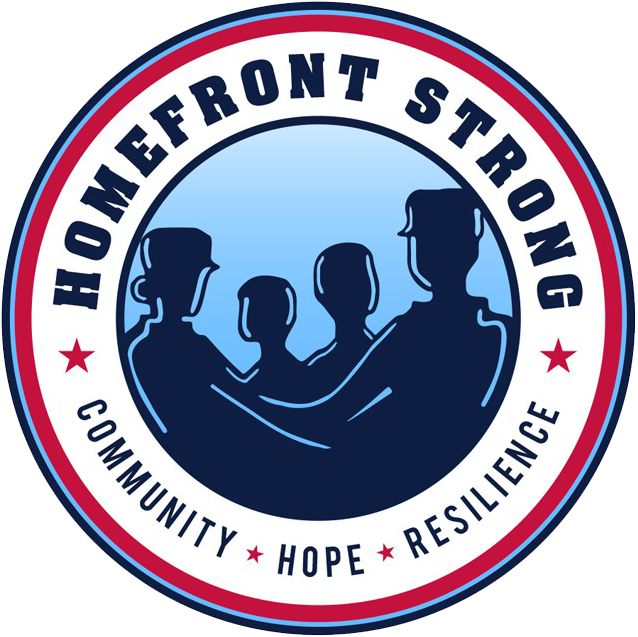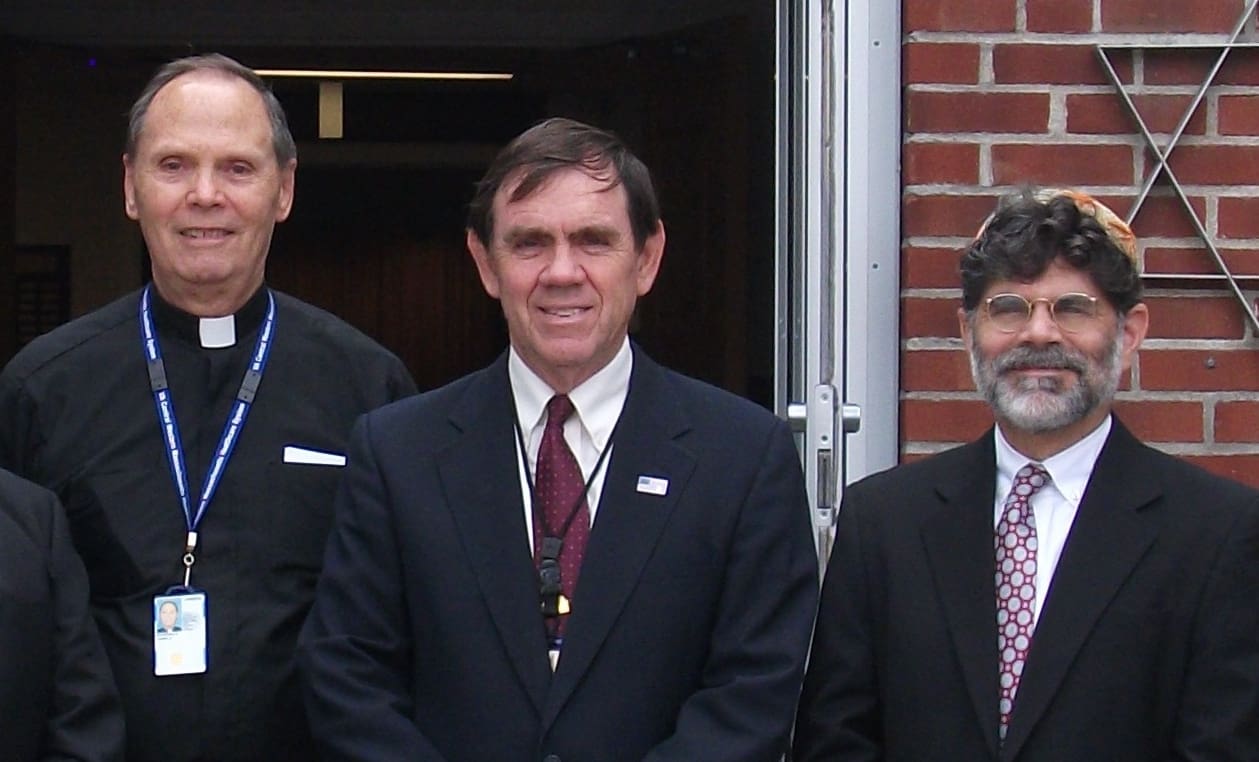Chaplains, from left, Ed Bonneville, Roman Catholic; David Whiteley, Protestant; and Kevin Hale, Jewish.
The stats are stunning. The American Psychological Association says there are only 16 mental health counselors for every 100,000 veterans in rural areas.
David Whiteley, the lead chaplain with VA Central Western Massachusetts Healthcare in Northampton, is well aware that’s not enough. He’s looking for help from people who are accustomed to counseling — clergy.
Whiteley is leading A VA-wide Clergy Training Conferences over three days in three locations in November. The conferences are hosted by the Western Massachusetts Healthcare System and are designed specifically to help civilian clergy learn more about helping veterans.
“It’s a whole different culture in the military,” Whiteley admits, and “civilian clergy don’t often know how to handle some of these situations.” Whiteley would know. He’s an Army veteran with 22 years military service before coming to the VA as a chaplain in 1995. He’s worked in both civilian and military settings and will help others bridge any gaps that might exist.
The training is free and will be held from 8:30 a.m. to 3 p.m., with lunch provided. Dates and locations are:
- Tuesday, Nov. 7, Athol Congregational Church, 1225 Chestnut St., Athol
- Wednesday, Nov. 8, Holy Trinity Roman Catholic Church, 133 Main St., Greenfield
- Thursday, Nov. 9, Temple Anshe Amunin, 26 Broad St., Pittsfield
The programs are open to all clergy of any faith. If a clergy person is unable to attend, clergy-in-training, laypeople, or a member from the faith community may attend. Call Whiteley, (413) 584-4040, Ext. 2281, to register or for more information.
The locations as well as the training are intentionally multi-faith, as is Whiteley’s work as a military chaplain. A major concern for VA chaplains, Whiteley says, is to ensure each person’s First Amendment rights to freedom of religion, as well as to protect vets from proselytizing and religious influence. He has help in his ministry from fellow chaplains Ed Bonneville, a Roman Catholic priest, and Kevin Hale, a Jewish rabbi, as well as Native American spiritualists and Muslim imams.
“In providing pastoral support to all faith groups, the VA chaplaincy program calls upon a wide variety of faith group representatives from the local community to support a diverse veteran population,” Whiteley says. “This is one reason the VA seeks community support.”
And atheists are welcome as well, Whiteley says, although they usually want a debate more than a shoulder to lean on.
Whiteley’s own military background serves him in multiple ways and that is part of what he wants to pass on to other clergy. He knows veterans have their own language, peppered with acronyms and slang that civilians may not understand. He also knows it can be scary, if a veteran goes into an explosive rage or the opposite — doesn’t talk at all. “There’s a fine line between helping and being intrusive,” Whiteley says. “But it’s a dance that clergy do all the time.”
Dealing with veteran-specific issues will be the focus of the training, including military culture and a discussion about the wounds of war, the potential roles of clergy with assisting veterans, VA suicide prevention training, and methods in building community partnerships that support veterans. Whiteley says it’s common for veterans or their family members to turn to trusted religious leaders when times are tough, which is why he wants to help them help veterans while mental health counselors are scarce. “Even if it’s a loss of faith, we can listen. I don’t try to talk them out of it. I’ll just be there when they want to talk.”
Whiteley also plans to bring a huge stack of his business cards to hand out to anyone who will take one. “Any pastor can call me,” he insists. Call Whiteley, (413) 584-4040, Ext. 2281, to register for the training program, for more information — or just to talk.

